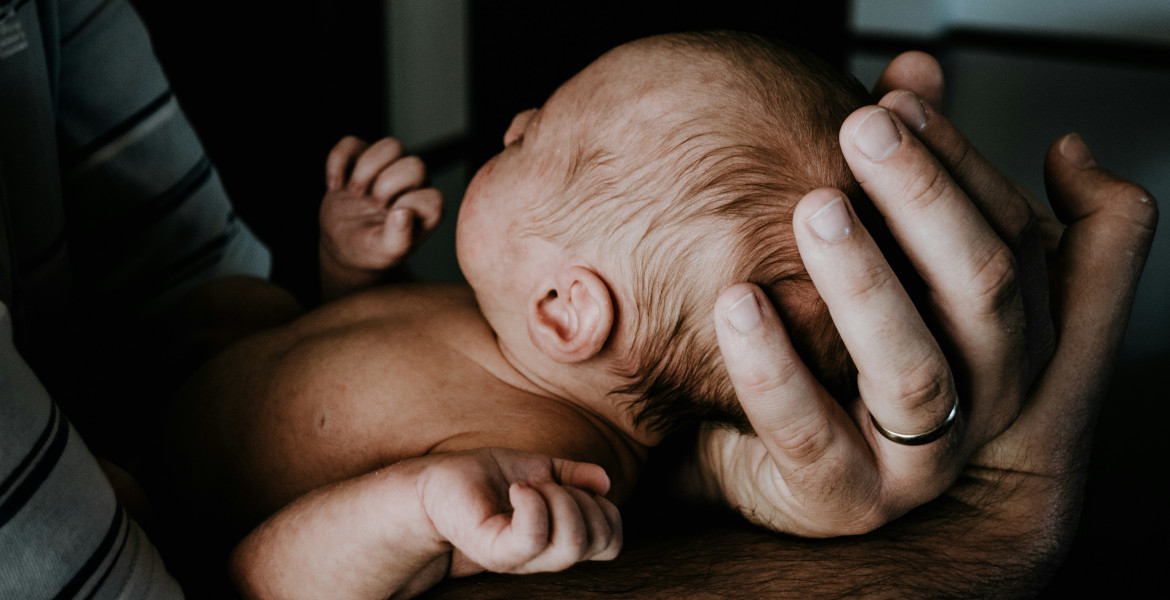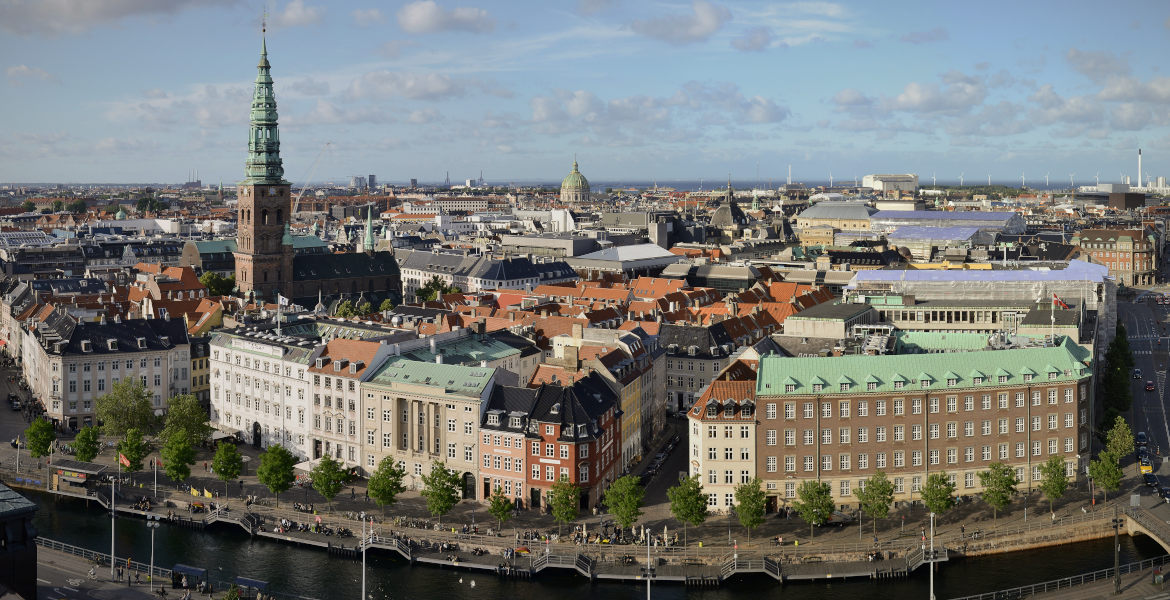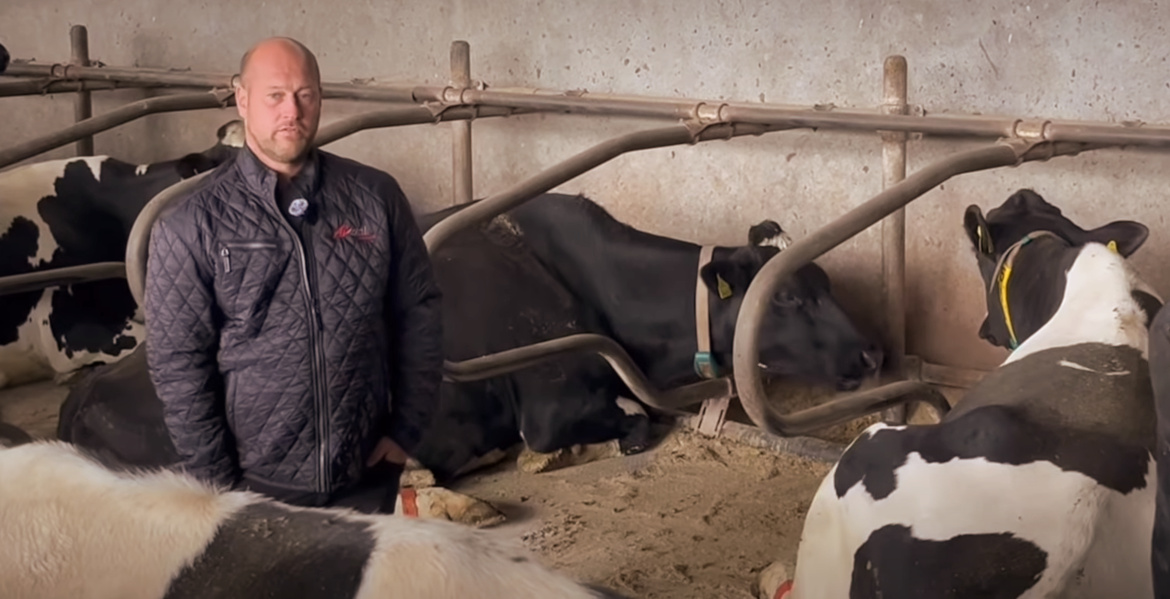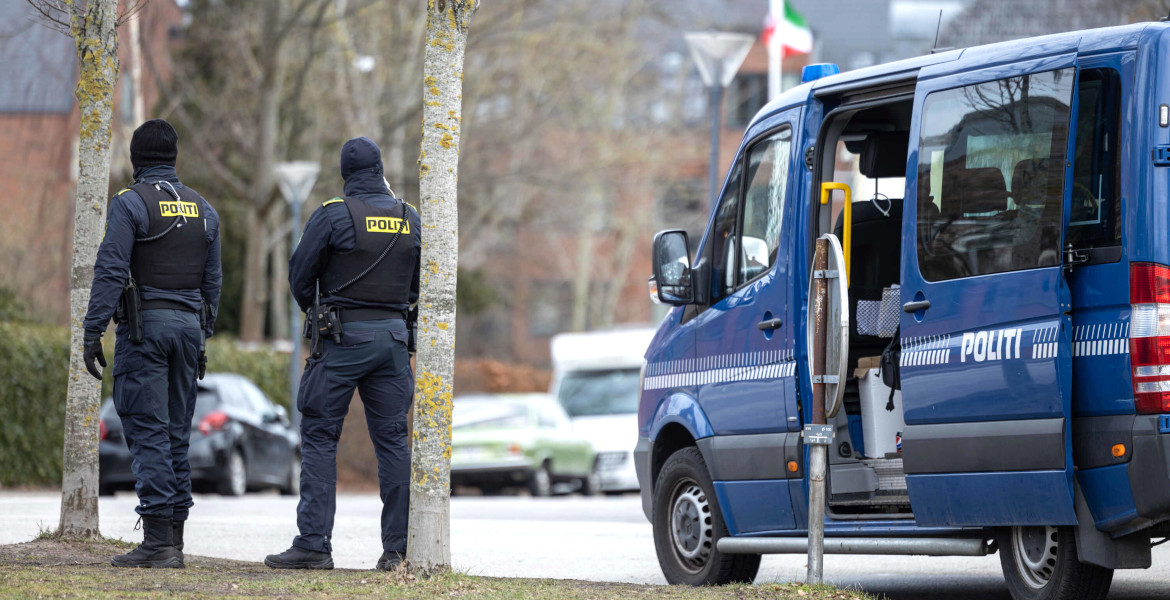To promote mental health and emotional development, among other things, children under two years in Denmark should avoid screens, according to new recommendations from the country's public health agency.
In September, Børns Villkor, a Danish children's rights organization, issued new recommendations for children and screen time in the country. They recommend that no children under two years should use screens.
Now, Denmark's public health agency, Sundhedsstyrelsen, also issues new recommendations on screen time for children, as reported by the Danish state channel DR. They also advise parents against letting children under two years watch screens, at least not without an adult present.
According to Trine Flensborg-Madsen, a professor of developmental psychology at the University of Copenhagen, this is because there doesn't seem to be any benefit for such young children from screens. She was involved in formulating the new recommendations.
– We couldn't find any studies suggesting it might be positive for children under two years to spend time in front of a screen, she says.
Major Risks
Furthermore, the professor believes that it can instead cause problems for the child, such as difficulties in regulating emotions.
– If you give your child a screen every time something becomes challenging, you're not teaching them to regulate their emotions or to socialize well, and this can affect their mental health well into childhood and adulthood.
However, the view is that it can be educational when done together with an adult, for instance, by reading aloud, showing pictures, or watching short animated films together.
Similar recommendations also came from Norway last year, where they strongly advised against screen time for children under two years. They also recommended reducing the time for older children.
In Sweden, the Public Health Agency was commissioned by the government in May this year to review the state of knowledge regarding the correlation between the use of digital media and ill-health for children and young people up to 18 years. This also includes developing recommendations about screen usage for children and is expected to be reported in part by June 2024 and finalized by December of the same year.





